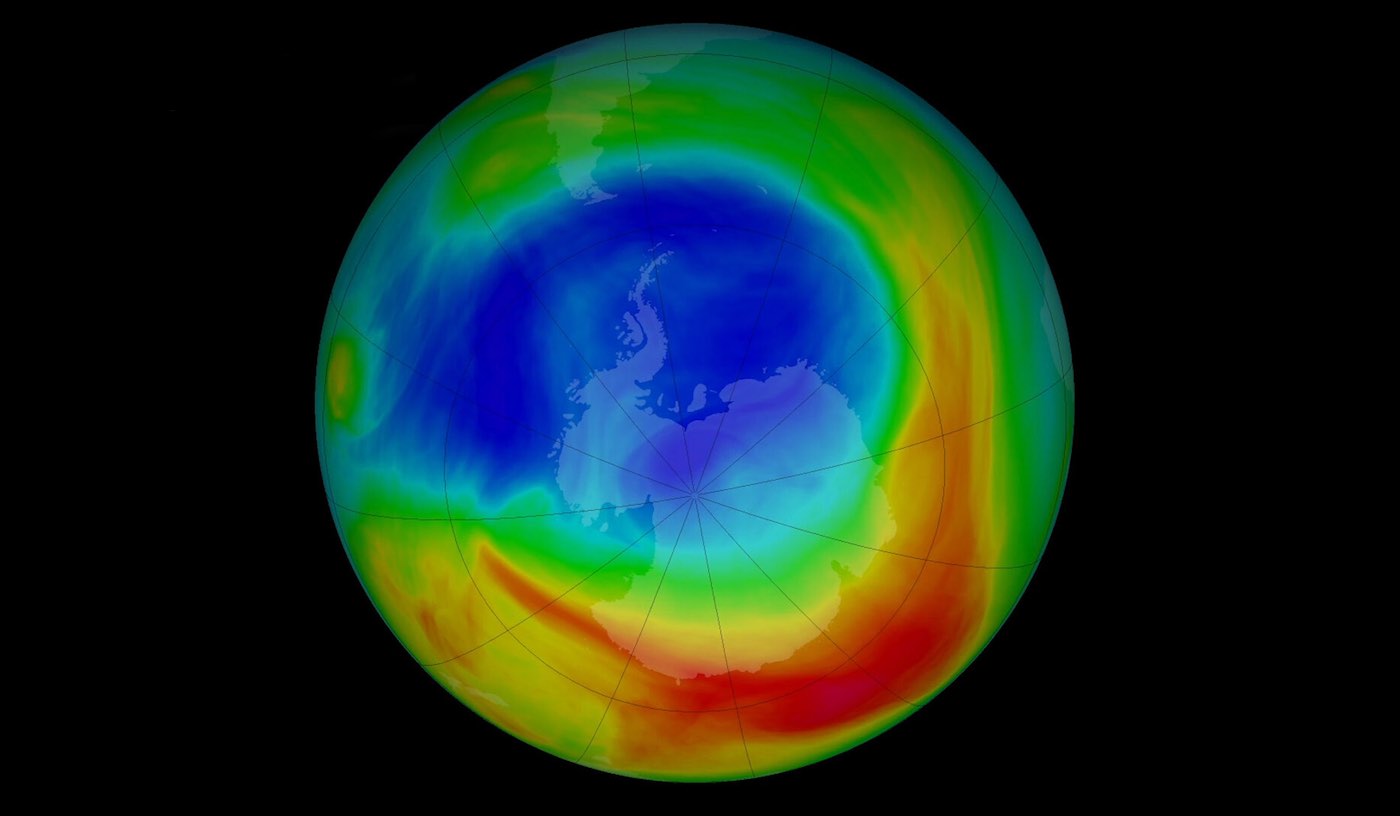The earth s ozone layer will make a full recovery in 50 years

The Earth’s Ozone Layer: A Full Recovery in 50 Years

It’s no secret that the Earth’s ozone layer has been under threat for decades. The depletion of this protective shield has resulted in a variety of environmental issues, including an increase in skin cancer rates and altered weather patterns. However, there is now a glimmer of hope on the horizon. According to recent scientific research, the Earth’s ozone layer is expected to make a full recovery within the next 50 years.
This promising news stems from a landmark study conducted by the United Nations, which found that the ozone layer is healing at a rate of 1-3% per decade. The study, published in the journal “Nature,” reveals that the healing is predominantly attributed to the worldwide ban on ozone-depleting substances, such as chlorofluorocarbons (CFCs), implemented by the Montreal Protocol in 1987.

To fully understand the significance of this recovery, it’s essential to comprehend the role of the ozone layer. Located in the Earth’s stratosphere, this layer acts as a shield, absorbing the majority of the sun’s harmful ultraviolet (UV) radiation. By reducing the amount of UV rays that reach the Earth’s surface, the ozone layer plays a crucial role in protecting both human and environmental health.
The healing of the ozone layer is a testament to global efforts and international cooperation in addressing environmental challenges. The Montreal Protocol’s success in phasing out ozone-depleting substances serves as a model for future environmental conservation initiatives. By adhering to scientific evidence and implementing practical solutions, the international community can successfully combat other pressing issues, such as climate change.
While the recovery of the ozone layer is undoubtedly reassuring, it is important to note that our work is far from complete. Continued vigilance and adherence to the Montreal Protocol are essential to ensure that the healing process remains on track. Additionally, addressing other environmental concerns, such as greenhouse gas emissions and deforestation, is crucial in maintaining the overall health and stability of our planet.
As individuals, we also play a significant role in preserving the ozone layer. By making simple changes in our everyday lives, such as using environmentally friendly products, reducing our carbon footprint, and supporting sustainable practices, we contribute to the collective effort of protecting the Earth’s ozone layer and ensuring a better future for generations to come.
In conclusion, the Earth’s ozone layer is showing remarkable signs of recovery, with the expectation of a full recovery within the next 50 years. This progress can be attributed to the global ban on ozone-depleting substances, driven by the Montreal Protocol. However, as we celebrate this achievement, it is crucial to maintain our commitment to environmental conservation and address other pressing issues. Together, we can build a sustainable future and protect the planet we call home.
Source: CNN
Related Posts
Quick Links
Legal Stuff

